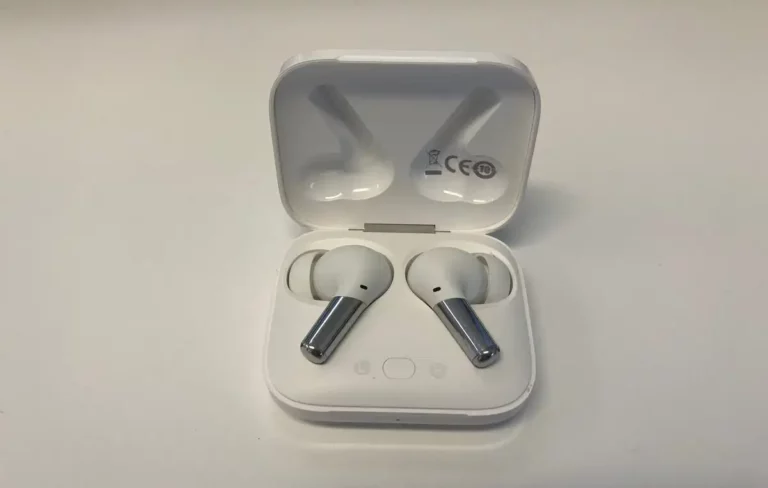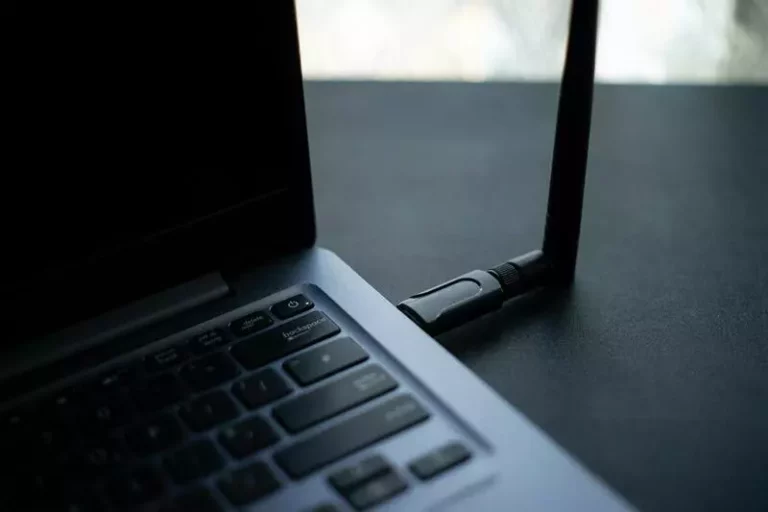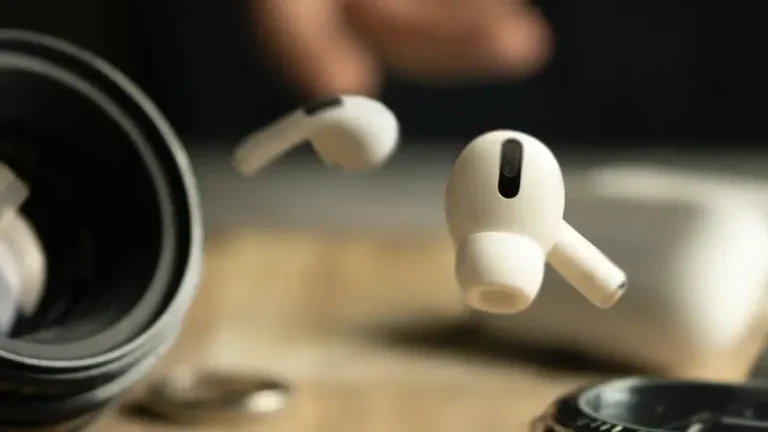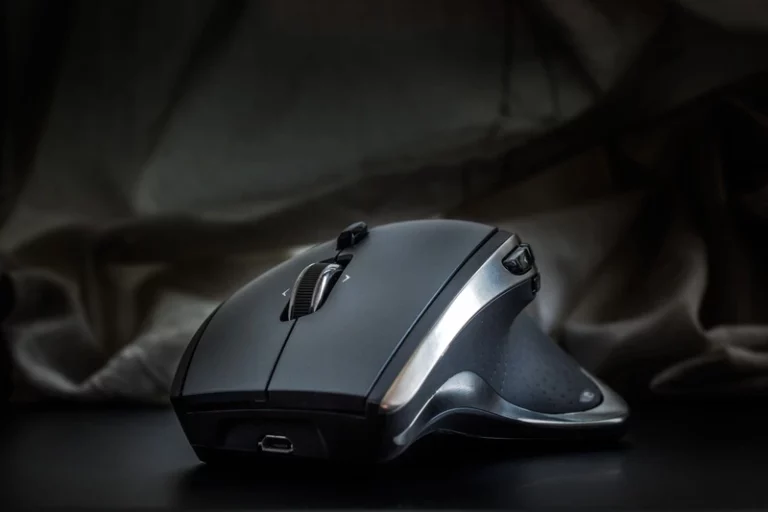Do Microwaves Affect Bluetooth Signals?
This site contains affiliate links to products, and we may receive a commission for purchases made through these links.
Some people have experienced interruptions with various wireless signals when their microwave is running, leading them to wonder if microwaves affect things like Bluetooth signals. This could be annoying, especially if you’re relying on your Bluetooth to broadcast something while your microwave is going. So, do microwaves affect Bluetooth signals?
Microwave ovens use the same signals as Bluetooth, operating on the same frequency spectrum in order to run. This can cause interference with Bluetooth signals if you have a microwave running at the same time.
This can be an extremely annoying problem, so let’s examine more closely why this happens. Keep reading to learn everything you need to know about microwaves interfering with Bluetooth signals.

1. Reasons Why Microwaves Affect Bluetooth Signals
It may seem strange that your microwave could affect Bluetooth signals transmitting in the same area, but there are a few reasons for this happening. To begin to understand this process, you need to know how microwaves work.
Microwaves operate by generating electricity through radio waves. These radio waves then bounce around the interior walls of the inside of the microwave, working to heat up food molecules inside.
Radio waves vibrate so fast that we can’t detect them with our eyes, and this vibration is what heats up our food. As the molecules vibrate faster, it gets hotter. Microwaves are designed to trap all this radiation inside the main box, but some of it may leak out in small amounts.
This escaped radiation can sometimes interfere with Bluetooth signals, as they operate on almost identical frequencies. Since the radio waves are transmitting at the same frequency, the signals leaking from the microwave can sometimes block the path of the Bluetooth signals and cause interruptions. Let’s take a closer look at why frequency can be an issue.
Frequency
Because there are government regulations in place for which radio frequencies can be used for what devices, many consumer-grade devices like microwaves and Bluetooth devices operate at around 2.4 GHz. This is also the typical frequency Wi-Fi routers operate at.
At this frequency, radio waves from a microwave will not travel very far when they leak from the interior. However, because microwaves pump out higher wattage than wireless connectivity access points, such as Bluetooth devices, their leaked signals may overpower other wireless signals. This is typically what will cause the interference.
This shouldn’t be a huge problem for most people, as you won’t have your microwave running all day long, maybe for only a couple of minutes at a time. But if it does become a problem for you, wireless devices with higher frequency outputs will not be interfered with by microwaves. There have recently been some 5 GHz wireless devices that have been produced, and one of these would be able to operate alongside a microwave with little to no interference.
Distance Between Devices
The distance between your microwave and your Bluetooth devices can also be a problem. If your microwave is close to a wireless access point, it is likely to cause more interference with Bluetooth signals than it would if your access point was further away.
Furthermore, having a microwave close to a wireless access point will degrade the quality of nearby signals while it is operating. If it doesn’t completely block them, it may cause the signal to cut in and out or sound staticky and garbled.
READ MORE!
7 Genius Tips To Improve Your Bluetooth Connection
2. How To Prevent Interference
If your microwave interfering with Bluetooth signals is becoming a problem, you can try a few different things to solve the issue.
Check Frequencies
Most microwave ovens will operate at a frequency of 2.4 GHz, by government regulations on radio wave frequencies. Industrial companies must comply with these regulations when producing appliances like microwaves, which results in an industry-wide standard frequency between all microwaves.
Check the frequency of your wireless device and see if it’s the same frequency. Even close operating frequencies like 2.5 GHz may be interrupted by leaking radio waves from a nearby microwave. You may have to get a device that runs on a different frequency to remove the issue of interference.
READ MORE!
Can Neighbors Connect to your Bluetooth Devices? (Solved)
Keep Your Distance
As we mentioned earlier, the proximity of your Bluetooth devices to your microwave will affect the rate at which signals get interrupted. The closer your wireless access point or Bluetooth devices are located to the microwave, the higher the chances you will experience interference with your wireless signals.
If possible, set up your devices far away from your microwave. Leaked radio waves should not be able to affect signals that are at least 30 feet away. Keeping your distance when transmitting Bluetooth signals can be one way to resolve this issue.
Check The Microwave’s Shield
Every microwave should come equipped with shield protection to keep radio waves from escaping the interior. It may be possible that the shield on your microwave has become damaged or worn through use, and it may need to be replaced or repaired.
You could also try making a foil shield around your microwave (but not inside it!) to prevent radio waves from leaking out and interfering with your Bluetooth signals. If all else fails, it may be time for a new microwave. Older microwaves tend to leak more radio waves than newer ones.
READ MORE!
Improving Bluetooth Reception: Tips and Tricks
3. Final Thoughts
Microwaves are essential household appliances found in nearly every home, business, and office building. They work by shooting radio waves around the interior box to heat the food within using vibrations. Sometimes, these radio waves can escape and leak out into the surrounding area.
If you have a Bluetooth device transmitting Bluetooth signals nearby, you may experience some interruptions or interference. This is because both microwaves and Bluetooth devices operate on the same frequency of radio waves, mainly due to government regulations.
Try keeping your Bluetooth devices away from your microwave to solve this issue, or try to shield the radio waves from escaping. I hope the information I’ve outlined above has answered all your questions about microwaves and Bluetooth signals. Thanks for reading!
READ MORE!
10 Smart Bluetooth Devices to Take Your Home To The Next Level

Espen
Espen is the Director of ProPairing and has written extensively about Bluetooth devices for years. He is a consumer product expert and has personally tested Bluetooth devices for the last decade.






